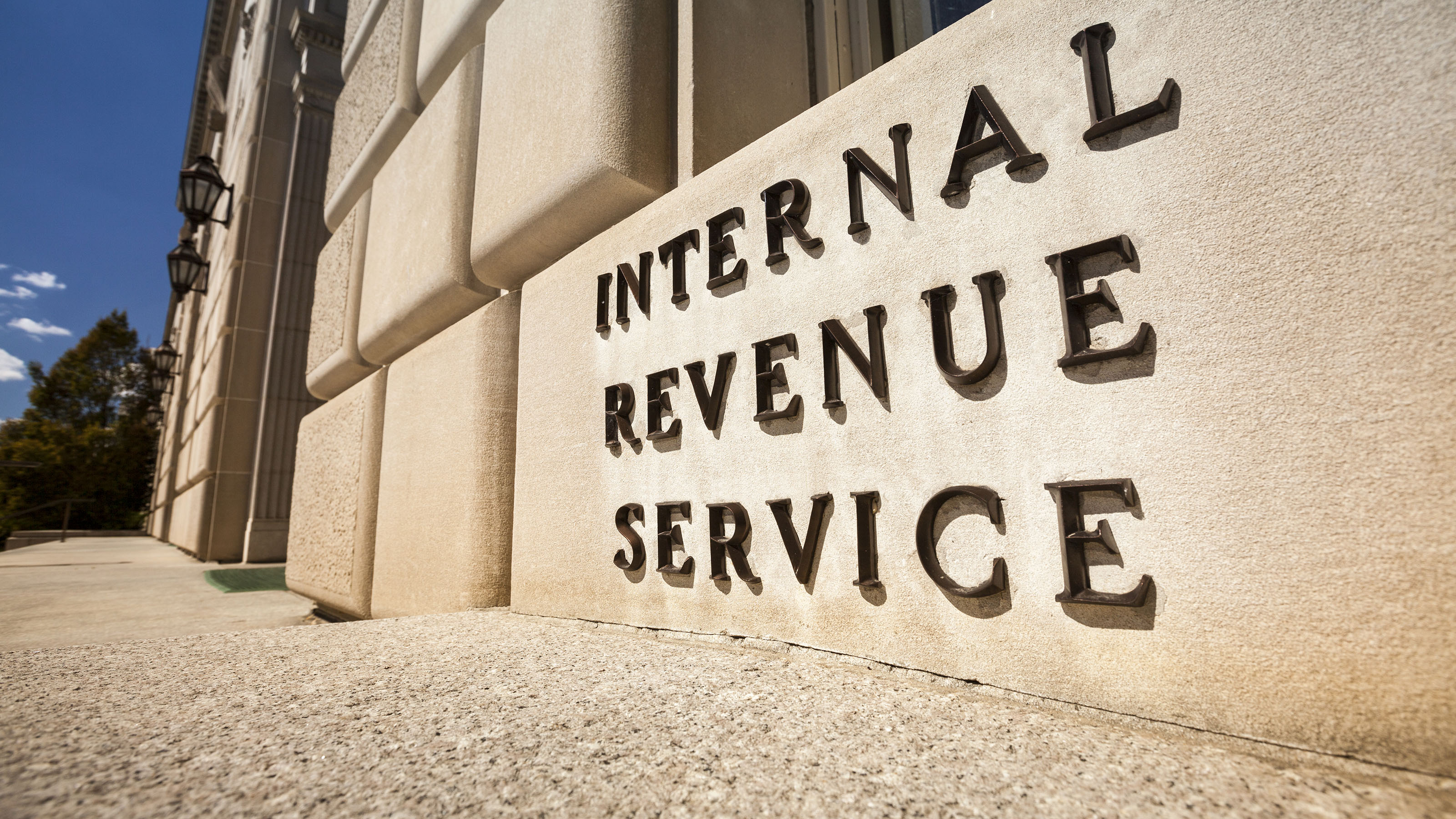
Getting the right tax advice and tips is vital in the complex tax world we live in. The Kiplinger Tax Letter helps you stay right on the money with the latest news and forecasts, with insight from our highly experienced team (Get a free issue of The Kiplinger Tax Letter or subscribe). You can only get the full array of advice by subscribing to the Tax Letter, but we will regularly feature snippets from it online, and here is one of those samples…
Beware of your business taking false employee retention tax credits (ERTC). Congress enacted this COVID-19-related payroll tax credit for eligible businesses that continued to pay wages, generally between March 13, 2020, and Sept. 30, 2021. It was designed to help employers whose operations were partially or fully halted, or whose gross receipts fell significantly during the height of the coronavirus pandemic.
Employers claim the ERTC to offset their 6.2% share of Social Security taxes, with any excess refundable. Businesses have swamped the IRS with amended payroll tax return filings for 2020 and 2021 on Form 941-X, claiming ERTCs and seeking refunds for payroll taxes paid in those quarters plus any excess ERTCs.
ERTC rules
The ERTC rules are complex. And it doesn’t help that Congress revised the rules three times since first enacting the ERTC in late March 2020.
Eligible employers are generally those that had to shut down or reduce hours because of a COVID-19-related governmental order, or whose gross receipts in a quarter declined by more than 50% (20% for 2021) compared with 2019. From March 13, 2020, through Dec. 31, 2020, the credit cap was $5,000 per employee for the year. For Jan. 1 through Sept. 30, 2021, the top credit was $7,000 per worker per quarter. For most eligible firms, the ERTC ended for wages paid after Sept. 30, 2021. A limited exception for start-up recovery businesses applied through Dec. 31, 2021.
Promoter scams
Promoters are taking full advantage of the complicated ERTC rules, with many hawking misleading claims for the credit. You’re sure to have seen or heard the never-ending ads on TV, the radio, and social media touting the ERTC and urging credit claims.
Here are some warning signs to look for to avoid scams: Promoters that misrepresent the qualifications for taking the ERTC. Those that claim to figure the ERTC in minutes without first assessing the employer’s specific circumstances. Ads mentioning an easy ERTC application process. And promoters who charge big up-front fees or fees based on a percentage of the credit.
ERTC audits and investigations
The IRS takes improper ERTC claims very seriously. The issue tops the list of the IRS’s annual “dirty dozen” abusive tax schemes. Tackling erroneous ERTC claims is now one of the IRS’s biggest investigation enforcement initiatives. The IRS is actively pursuing taxpayers that incorrectly take the ERTC and promoters who hype false ERTCs, and it’s hitting businesses with civil tax penalties and bringing criminal charges in cases that warrant them.
The IRS is ramping up civil audits of dubious ERTC claims. On examination, agents will ask how your business was impacted by COVID. They’ll want evidence of a government shutdown or suspension order or that gross receipts significantly declined. They’ll look at payroll records, state unemployment tax returns, and W-2s and W-4s. They’ll ask for a list of employees whose wages were claimed for the ERTC and whether any worker on the list is a majority owner of the business or is related to the business owners. They’ll want to see checks and other documents to support the amount of wages paid. And that’s just the tip of the audit iceberg.
Here are four common ERTC compliance errors flagged by IRS examiners:
- Interaction of the ERTC and Paycheck Protection Program loans: Employers who got PPP loans can also claim the ERTC, but only for wages paid that were not funded by forgiven PPP loan proceeds during the covered period.
- Interaction of the ERTC and other payroll-related credits: Wages used for the following credits generally can’t also be used for purposes of claiming the ERTC: The tax credit for sick leave and family leave wages. The work opportunity tax credit. The payroll tax credit for R&D costs taken by eligible start-up companies. The Indian employment credit. Plus the credit for active-duty military employees.
- Deduction for wages on the employer’s income tax return: The ERTC reduces the wages-paid deduction on the employer’s income tax return. If the ERTC is claimed on Form 941-X after the employer filed its 2020 or 2021 income tax return, the employer must then amend that year’s income tax return to reduce its deduction for wages paid by the ERTC funds received. The IRS is looking at this issue closely.
- Supply chain disruptions: Some businesses have claimed they are entitled to the ERTC solely because of supply chain snags. Not so, says the IRS in a legal memo written by agency attorneys that addresses some common taxpayer scenarios involving supply chain disruptions. There’s a narrow exception if a supplier couldn’t deliver critical goods or materials because of a COVID-19-related governmental order that caused the supplier to suspend operations, which in turn led to a cessation of the employer’s business. In this case, the employer must show it couldn’t get the items from another supplier.
This first appeared in The Kiplinger Tax Letter. It helps you navigate the complex world of tax by keeping you up-to-date on new and pending changes in tax laws, providing tips to lower your business and personal taxes, and forecasting what the White House and Congress might do with taxes. Get a free issue of The Kiplinger Tax Letter or subscribe.







